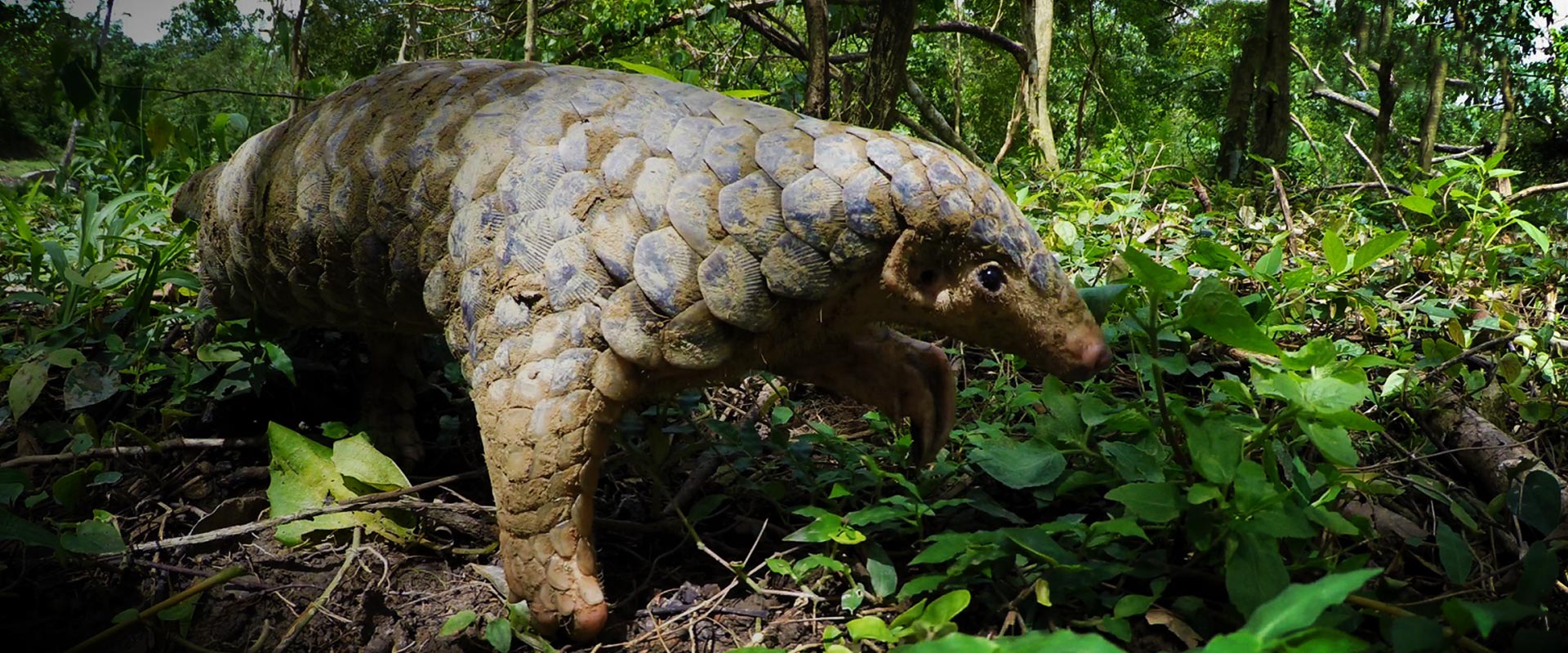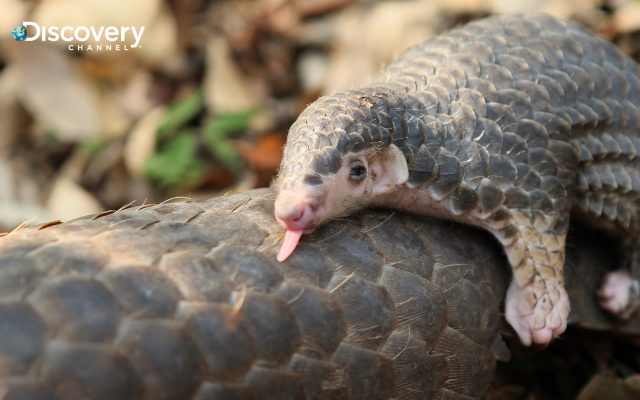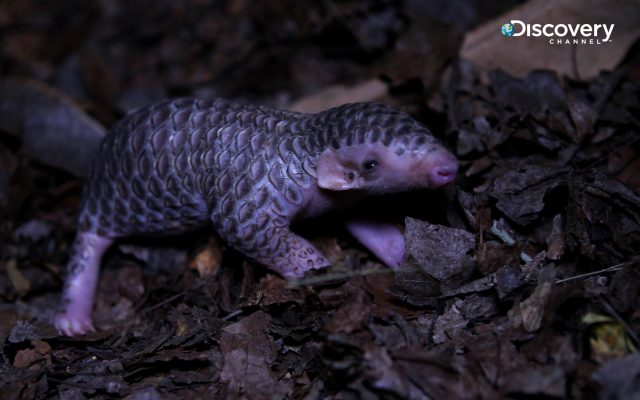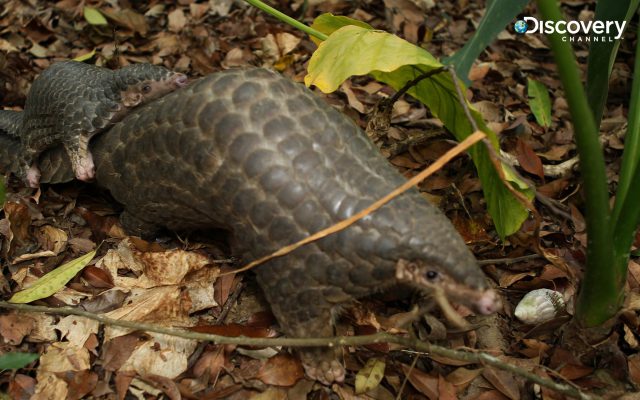The greatest enemy is mankind!
Using high-tech to unlock the secrets of the pangolin to save the endangered "armored elves". The pangolin is found in Asia and Africa. The pangolin has no teeth but has a tongue longer than its body and is the only mammal in the world with hard, plate-like scales. Because of the traditional Chinese superstition that pangolin scales have miraculous healing properties, about 100,000 of them are smuggled into China and Vietnam every year, making them one of the most illegally traded wild animals in the world.
Dr. Hsun Ching-min of the Graduate Institute of Bioresources at the National Pingtung University of Science and Technology has been studying wild pangolins for many years. He pointed out that "pangolins are the most heavily traded species in the world; they are endangered, but academic research on them is very limited." Dr. Hsun and the Bunon people went deep into the Dulan Mountains to study the pangolin. They used high-tech radio to understand the pangolin's habits, collected their feces to study the changes in the pangolin's diet, and exclusively captured many beautiful scenes of the pangolin from birth, foraging, to defending itself. We see how pangolins close their eyes and ears amid tens of thousands of ant attacks and use their long 30 centimeter tongues to forage for food. We also see the pangolin roll its hard outer shell into a ball for self-defense. We witness the baby pangolin, Weiwei, who has grown from a newborn with its eyes still closed to an adorable creature that can be carried on its mother's (Safi) back to venture outside.
Discovery Channel has also captured the world's first ultrasound image of a pangolin mother-to-be, Liongwu, in Taipei City Zoo. The research conducted by Taiwan pangolin experts and Taipei City Zoo over the years has brought great benefits to pangolin conservation, and we hope to work together to save these endangered "armored elves." What can we do to help the pangolin? Will such efforts be enough to save this endangered species from extinction?
The Foundation and Discovery collaborated on the documentary film Secrets of The Pangolin, which was broadcasted in 2018. Through the program, the Foundation hopes to call on viewers to pay attention to the importance of coexistence between humans and other living beings and to draw more attention to the conservation of pangolins and shallow mountain areas. The film was also nominated for the Natural Science Documentary Program Award at the 53rd Golden Bell Awards.
View Discovery Channel's Taiwan documentary series Secrets of The Pangolin online.




 中
中



